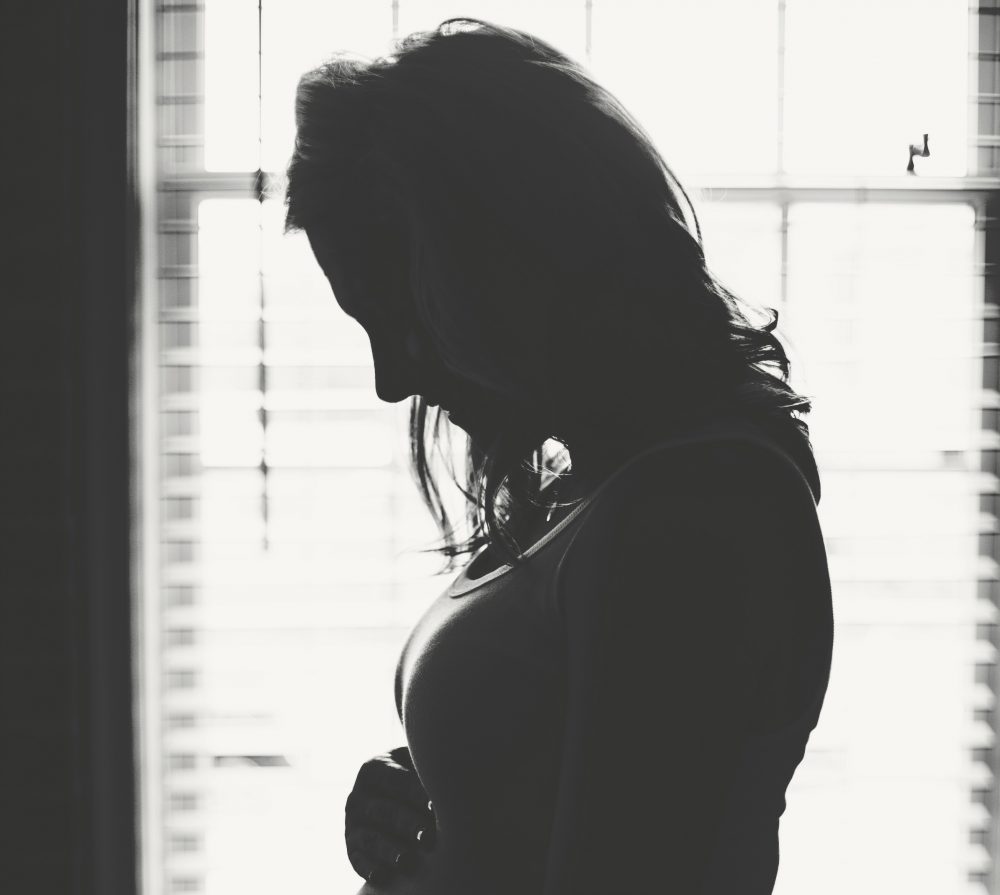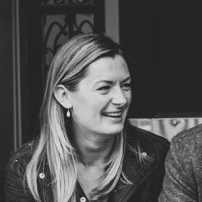Advertisement
My Last Act Of Love As Her Mother: Aborting A Daughter Who Could Not Survive

COMMENTARY
As governor of Indiana, vice presidential candidate Mike Pence signed legislation that would require women to have an ultrasound to hear the baby’s heartbeat prior to obtaining an abortion.
Before my abortion, I'd had 11 ultrasounds. During the final scan, there was no medical need for me to listen to my baby’s heartbeat. The only purpose of putting me through that would have been to reinforce the fact that the baby was alive and to intimidate me into choosing not to terminate the pregnancy. I was painfully aware that my baby was alive and that my choice to have an abortion would end her life. I didn’t need a 12th ultrasound to tell me that, and a 12th ultrasound wouldn’t have changed my mind.
I believe it is vitally important for all voters ... to understand the practical impact of these regulations and why it matters whom we elect this November.
The political issue of abortion had always existed in the abstract for me. I’d been an ardent supporter of Planned Parenthood for years because I believed it was important to protect the right of other women to have an abortion. This was, in part, because I came from a place of incredible privilege. I’ve always had access to comprehensive sex education, STI testing, affordable birth control, annual gynecological exams and cancer screenings, and I had never faced a situation in which my sexual autonomy or decision making had been questioned or threatened. Abortion was a right I sought to protect for the women who weren’t me.
So, how did I end up at the family planning clinic at a Boston hospital having an abortion when I was 18 weeks pregnant?
My husband and I were married last December and started trying to get pregnant right away. After five months, we celebrated the joy of a positive test result and started planning to become a family of three. At 12 weeks, on the day we were moving from our city brownstone to our new family-friendly suburban home, I started bleeding. We were sure I was miscarrying, so, after rushing to our doctor’s office for an ultrasound, we were shocked to see a beating heart. We were also shocked to see a baby with significant abnormalities. What followed were weeks of additional imaging, specialists, invasive prenatal testing and waiting.
At 17 weeks, we watched the images from an ultrasound flash on the screen before us, and we heard the radiologist and technician discuss what they were seeing in increasingly hushed tones. Finally, the radiologist turned to me and said the words I had been expecting but dreading: “incompatible with life.” And it was over. Just like that. No growing belly. No first kicks for my husband to feel. No baby shower. No rushed drive to the hospital when labor started. No first night at home with a newborn. All that was left was the when and where of a surgical abortion.
Advertisement
Even in Massachusetts, which has decidedly fewer restrictions on abortion than many other states, I still had to wait 10 days before I could have the procedure. I was, however, fortunate not to have to deal with the type of onerous and unnecessary restrictions on my right to an abortion that some leaders of the Republican Party and candidates for office have sought to enact. That is why I am speaking out now. I believe it is vitally important for all voters, Republican, Democrat and independent, to understand the practical impact of these regulations and why it matters whom we elect this November.
Having an abortion and ending her life to save her from suffering and slowly dying inside of me was my last act of love as her mother.
In addition to requiring a woman to listen to her baby’s heartbeat, the bill signed by Governor Pence would also have banned abortions based solely on a fetus’s disability or genetic anomaly. This restriction, had it not been blocked by a federal judge, would also have affected my family. My daughter had no chance of surviving. Her kidneys were riddled with cysts and calcifications and would never function properly. With non-functioning kidneys, her lungs would never develop. She would never take a breath. She would never know life beyond my own. Having an abortion and ending her life to save her from suffering and slowly dying inside of me was my last act of love as her mother.
I hope that the politicians making these laws never have to know the pain we experienced. I hope that they can come to find some understanding and compassion for those who do. I hope that when considering whom to vote for in November, voters look beyond party platforms and ideology and look at the very real impact restrictions on abortion can have on a woman and her family.
